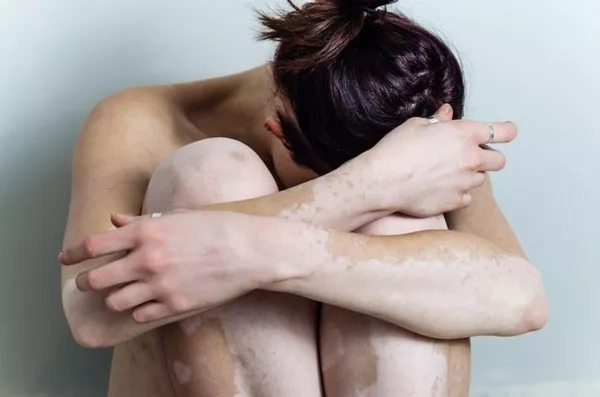Vitiligo is a skin condition characterized by the loss of pigment-producing cells (melanocytes), leading to white patches on the skin. While the causes of vitiligo are complex and multifactorial, one of the key questions often asked is whether segmental vitiligo, a subtype affecting specific areas of the body, has a hereditary component. In this article, we delve into the genetic aspects of segmental vitiligo to understand its inheritance patterns and the role of genetics in its development.
What is Segmental Vitiligo?
Segmental vitiligo, also known as unilateral or localized vitiligo, is a distinct form of vitiligo that typically affects one segment or side of the body. Unlike the more common generalized vitiligo that spreads symmetrically across both sides, segmental vitiligo tends to be more localized and stable in its progression. This subtype often appears earlier in life, usually before the age of 20, and may remain stable after its initial onset.
Genetic Basis of Vitiligo
Vitiligo is considered a complex genetic disorder influenced by both genetic and environmental factors. Studies have identified several genes associated with vitiligo susceptibility, many of which are involved in immune regulation and melanocyte function. However, the genetic basis of segmental vitiligo appears to differ somewhat from that of generalized vitiligo.
Understanding Hereditary Factors in Segmental Vitiligo
Research into the hereditary aspects of segmental vitiligo has revealed intriguing insights. While the exact inheritance pattern remains unclear, evidence suggests that genetic factors play a role in predisposing individuals to this subtype of vitiligo.
1. Familial Occurrence
Although segmental vitiligo is typically non-inherited and sporadic, there have been reports of familial clustering. In some cases, multiple family members have been affected, suggesting a potential genetic predisposition. However, the inheritance pattern in such cases is often not straightforward, and other factors such as environmental triggers may also contribute.
2. Genetic Studies
Recent genetic studies have identified specific gene variations associated with segmental vitiligo. For example, mutations in the NLRP1 gene have been linked to certain cases of segmental vitiligo. The NLRP1 gene encodes a protein involved in immune regulation, suggesting that dysregulation of immune responses may contribute to the development of this subtype.
3. Mosaicism and Somatic Mutations
One intriguing aspect of segmental vitiligo is the role of mosaicism and somatic mutations. Mosaicism refers to the presence of genetically distinct populations of cells within the same individual. Somatic mutations occurring after fertilization can lead to patches of skin with altered genetic characteristics, including the loss of melanocytes seen in vitiligo.
Potential Genetic Mechanisms
The genetic mechanisms underlying segmental vitiligo are likely complex and multifaceted. Several hypotheses have been proposed to explain its genetic basis:
1. Somatic Mosaicism
The occurrence of somatic mutations in melanocyte precursor cells during embryonic development could result in localized patches of depigmented skin characteristic of segmental vitiligo. These mutations may disrupt melanocyte function and survival within affected areas.
2. Autoimmune Component
While segmental vitiligo is generally considered non-autoimmune, some cases may involve immune-mediated destruction of melanocytes. Genetic factors influencing immune regulation and tolerance could contribute to this process, although further research is needed to elucidate specific genetic pathways.
3. Interaction with Environmental Factors
It’s important to note that genetic susceptibility alone may not fully explain the development of segmental vitiligo. Environmental factors, such as exposure to certain chemicals, trauma, or infections, could interact with genetic predisposition to trigger the onset of vitiligo in susceptible individuals.
Clinical Implications and Future Directions
Understanding the genetic basis of segmental vitiligo has important implications for diagnosis, treatment, and genetic counseling. Genetic testing may help identify individuals at higher risk of developing vitiligo or guide personalized treatment approaches based on underlying genetic factors.
Future research should focus on unraveling the precise genetic pathways involved in segmental vitiligo and identifying potential therapeutic targets. Advances in genomic technologies and large-scale genetic studies may pave the way for personalized medicine strategies tailored to the genetic profile of individual patients.
Conclusion
In conclusion, while segmental vitiligo is generally considered non-hereditary and sporadic, there is growing evidence that genetic factors contribute to its development. Studies have identified specific gene variations associated with this subtype, highlighting the complex interplay between genetics, immune dysregulation, and environmental triggers. Further research is needed to elucidate the precise genetic mechanisms underlying segmental vitiligo and translate these findings into improved diagnostic and therapeutic strategies for affected individuals.
Related Topics:

























